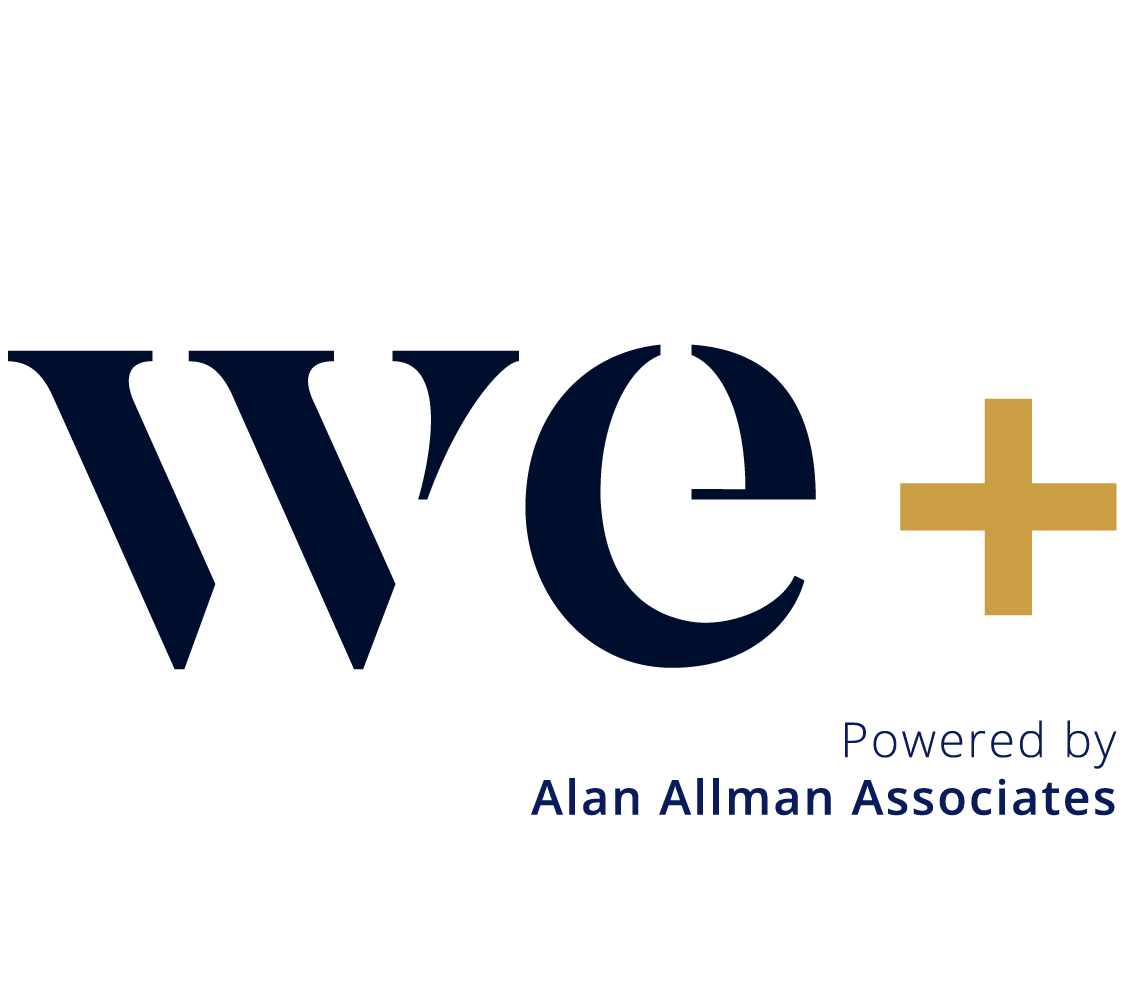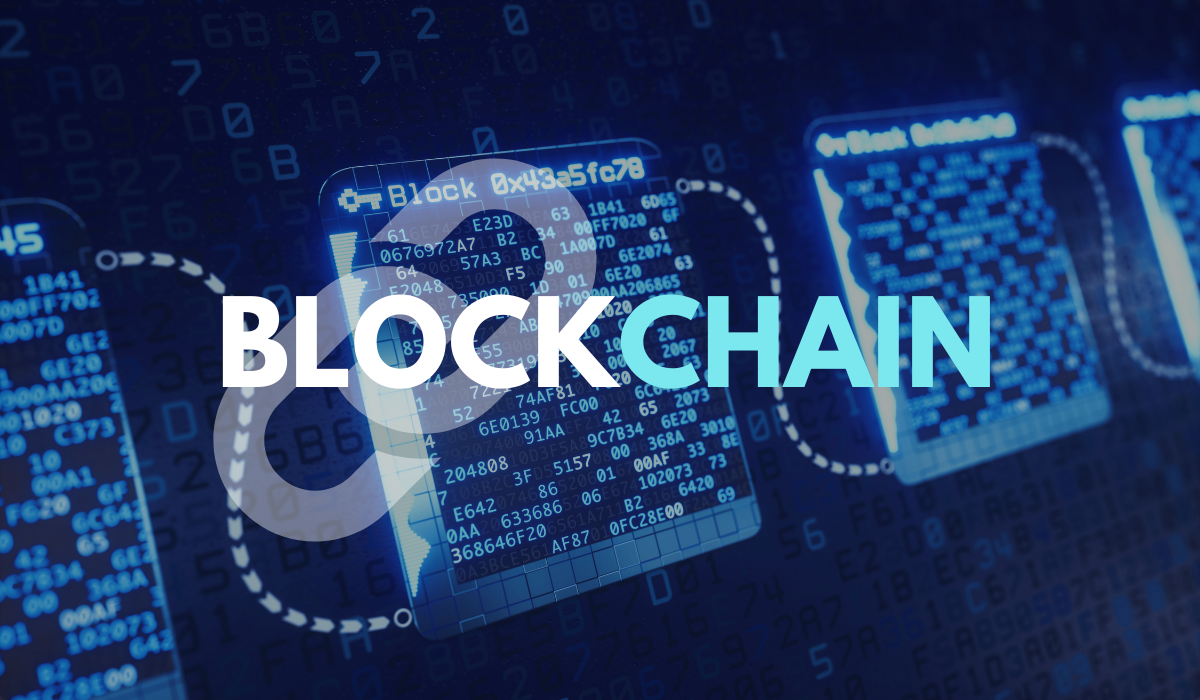Originally created to support cryptocurrencies such as Bitcoin, blockchain has rapidly evolved to become much more than just a financial infrastructure. It now offers infinite possibilities for securing data, making transactions transparent and transforming business processes.
What is Blockchain?
Blockchain is a Distributed Ledger Technology (DLT) that records transactions in blocks, making them immutable and unforgeable. Each block is cryptographically linked to the previous block, forming a continuous chain of data. This structure guarantees unbreakable data integrity, as any change in one block would result in changes in all subsequent blocks, making forgery extremely difficult, if not impossible.
Enhanced Security and Transparency
One of the key features of blockchain is its enhanced security. Because data is distributed across a decentralised network of nodes, there is no single point of failure, making it extremely resistant to malicious attacks. Because transactions are validated and recorded transparently, each party involved can verify the integrity of the data, eliminating the need for a trusted third party.
Applications of Blockchain in Business
Blockchain offers multiple applications for businesses, improving the efficiency and security of business processes. Voici quelques exemples concrets :
- Supply Chain and Logistics : Blockchain enables products to be traced throughout the supply chain, guaranteeing product authenticity and provenance, and making it easier for companies to detect problems and manage product recalls.
- Finance and Payments : Blockchain-based payments enable faster and cheaper transactions, particularly for cross-border transactions, eliminating the need for intermediaries and currency conversions.
- Identity Management : Blockchain can offer a secure, decentralised solution for managing digital identities, giving users full control over their personal information.
- Smart Contracts : Smart contracts, self-executing blockchain-based programs, automate the execution and enforcement of contracts without human intervention, reducing costs and errors.
Challenges and Future Prospects
Although blockchain presents many opportunities, it still faces certain challenges. Scaling, regulation and interoperability are aspects that still require particular attention to enable wider adoption.
However, the future prospects for blockchain are promising. Many sectors, such as healthcare, education, energy and voting, could benefit from this technology. Blockchain could also play a crucial role in promoting financial inclusion for unbanked populations worldwide.
Blockchain clearly has the potential to revolutionise the way businesses and society interact, bringing greater security, transparency and efficiency. As this technology continues to develop and mature, it is essential for businesses to understand how it works and explore the opportunities it offers to stay at the forefront of innovation in the ever-changing digital world.

